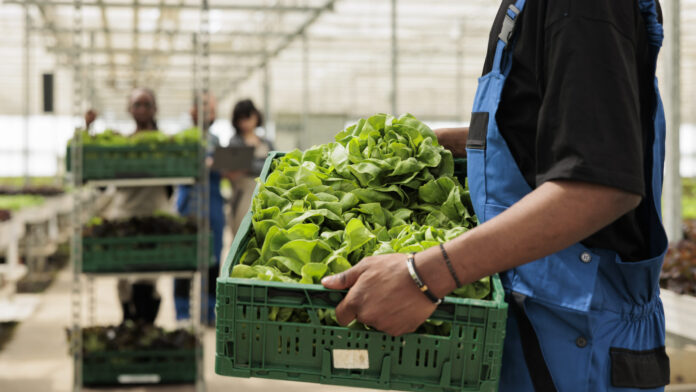How Sri Lanka Can Position Itself
Frontpage Journal – Economic Insights
Sri Lanka’s agricultural exports have long been a pillar of its economy, with products like tea, spices, coconut derivatives, and fresh fruits earning the country global recognition. However, the dynamics of international trade are rapidly evolving due to shifting consumer preferences, rising quality standards, climate change, and geopolitical realignments. To sustain and grow its agri-export sector, Sri Lanka must proactively adapt and reposition itself in this changing global marketplace.
The global agri-food trade is becoming increasingly competitive and complex. Consumers today demand not only high quality but also sustainably produced, ethically sourced, and traceable food products. Meanwhile, importing countries are tightening regulations, implementing stringent sanitary and phytosanitary (SPS) standards, and emphasizing environmental and social governance (ESG) criteria. Sri Lanka faces the dual challenge of meeting these elevated standards while differentiating its products in markets flooded with alternatives from India, Vietnam, Indonesia, and Latin America.
A key factor for Sri Lanka is its strong brand equity, particularly in Ceylon tea and spices. The island’s centuries-old reputation for premium quality, unique flavor profiles, and organic cultivation practices provides a competitive edge. Building on this heritage, Sri Lanka can deepen its value proposition by obtaining international certifications such as Fair Trade, Rainforest Alliance, and GlobalGAP, which signal compliance with environmental and social norms. Transparent certification not only opens doors to discerning consumers but also helps command premium prices.
In addition to certifications, traceability technologies are essential. Blockchain-based supply chain tracking can assure buyers of product authenticity, ethical sourcing, and freshness—features increasingly valued in global markets. Investments in digital platforms that connect producers, exporters, and consumers can streamline operations and enhance Sri Lanka’s reputation as a trustworthy supplier.
Climate change poses a serious risk to Sri Lanka’s agri-exports. Erratic weather patterns threaten crop yields and quality, undermining reliability. To mitigate this, the country must accelerate climate-resilient agricultural practices such as drought-tolerant crop varieties, agroforestry, and water-efficient irrigation. Public-private partnerships can facilitate farmer training, access to resilient seed stock, and climate risk insurance. These efforts will sustain production volumes and reassure export partners.

Diversification is another strategic imperative. While tea remains dominant, expanding exports of value-added products like organic spices, essential oils, and processed foods can tap into niche markets and reduce vulnerability to single-commodity shocks. Developing export-oriented agri-processing zones with modern infrastructure, quality control labs, and logistics support can catalyze this diversification.
Sri Lanka’s geographic location offers advantages for regional trade. Strengthening trade ties with South Asia, Southeast Asia, and the Middle East through existing and new free trade agreements (FTAs) can provide preferential market access and reduce tariffs. Strategic participation in blocs like BIMSTEC and SAARC, along with targeted bilateral negotiations, can improve export competitiveness. Concurrently, Sri Lanka should engage actively in trade facilitation initiatives to simplify customs procedures, harmonize standards, and reduce logistics costs.
To successfully position itself globally, Sri Lanka must also invest in market intelligence and branding efforts. Understanding evolving consumer trends, such as growing demand for plant-based foods, superfoods, and ethically sourced products, enables exporters to tailor offerings. National branding campaigns, participation in international trade fairs, and digital marketing can enhance visibility and appeal.
Empowering farmers and exporters through capacity building is critical. Training in quality assurance, certification compliance, post-harvest handling, and export regulations ensures products meet international requirements. Strengthening cooperatives and producer organizations enhances scale, bargaining power, and access to finance.
In conclusion, Sri Lanka’s agri-export sector stands at a crossroads amid a transforming global market. By leveraging its unique brand heritage, embracing sustainability and traceability, diversifying product lines, enhancing trade partnerships, and investing in capacity and infrastructure, Sri Lanka can carve a resilient and prosperous niche. This strategic repositioning will not only boost foreign exchange earnings but also foster rural development and safeguard the legacy of the island’s rich agricultural traditions.




